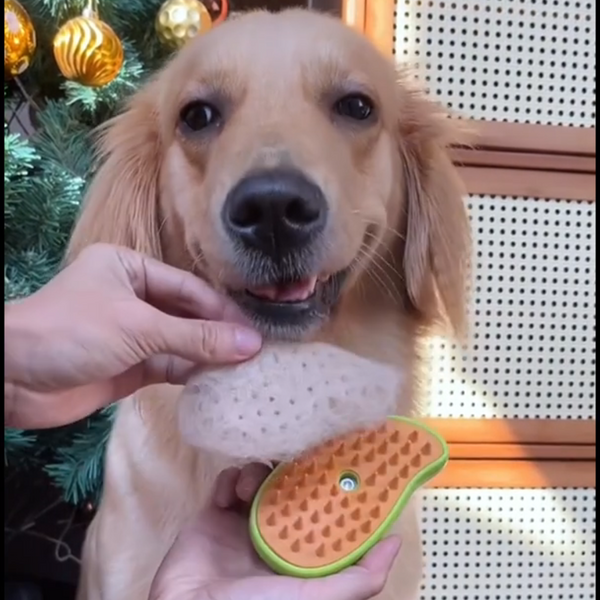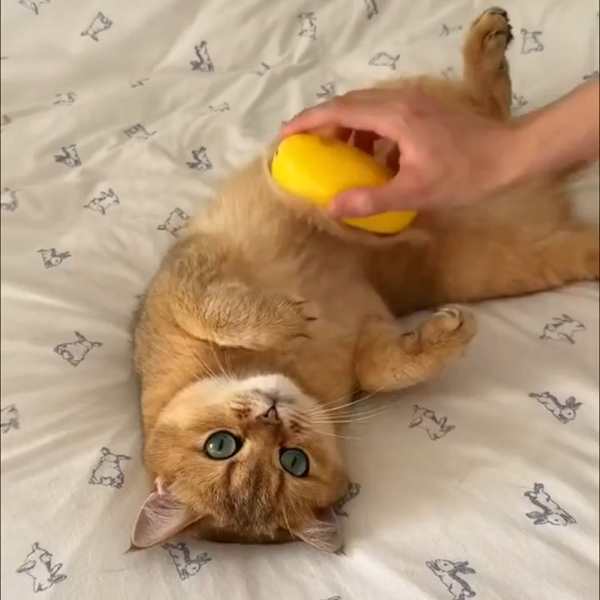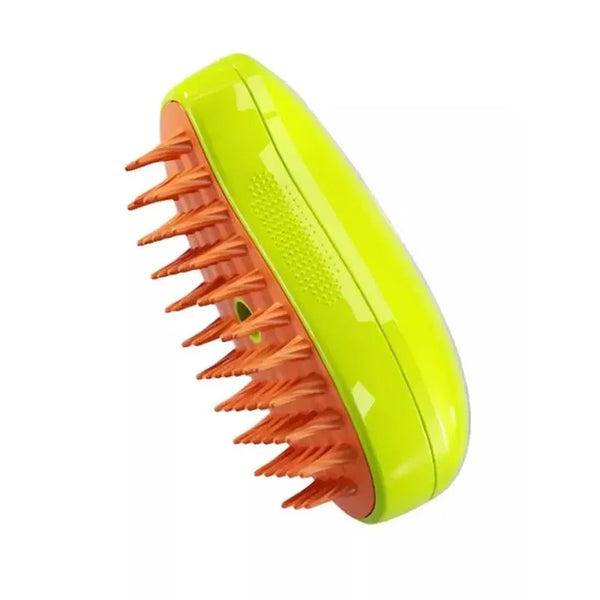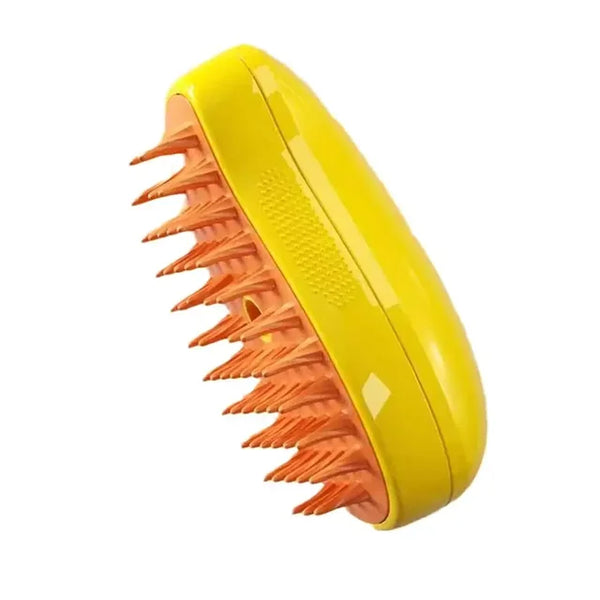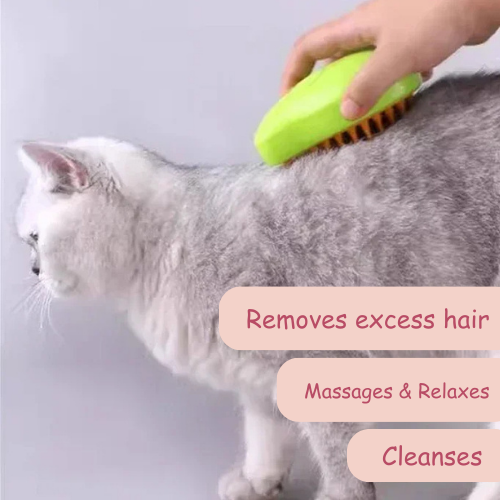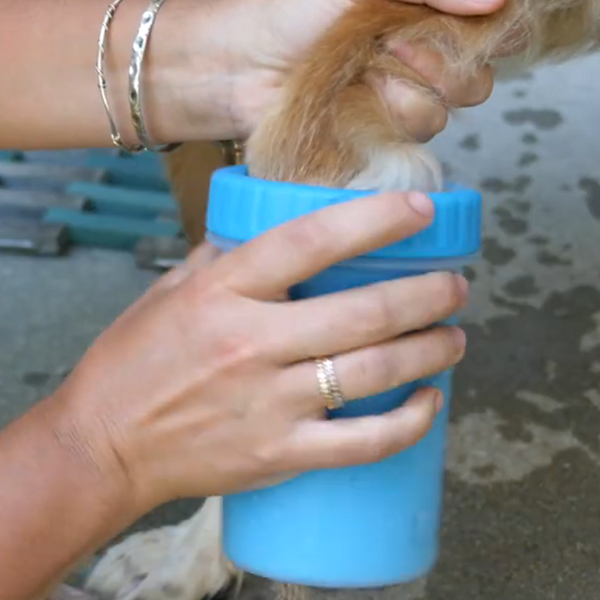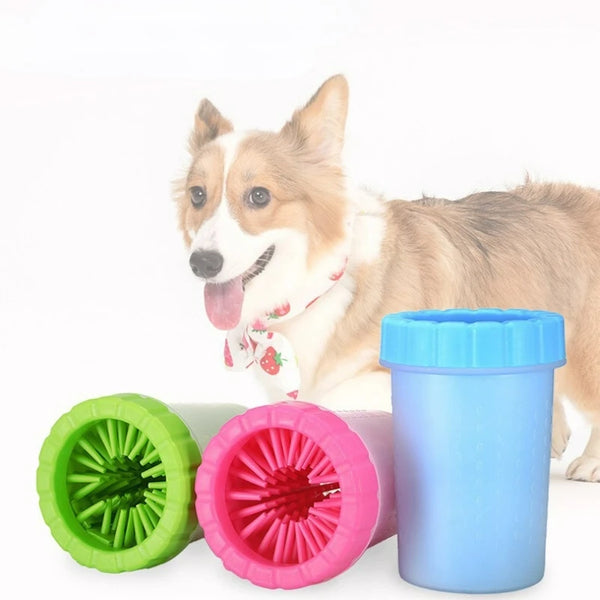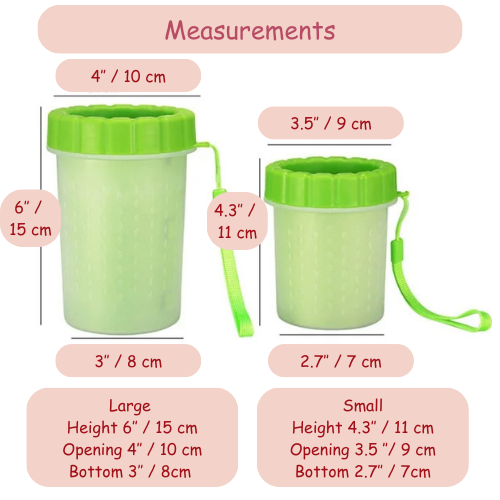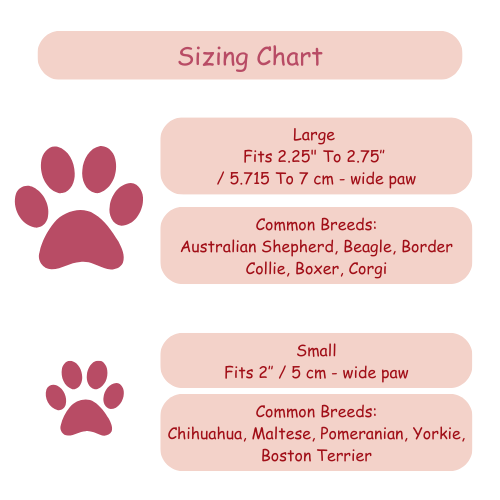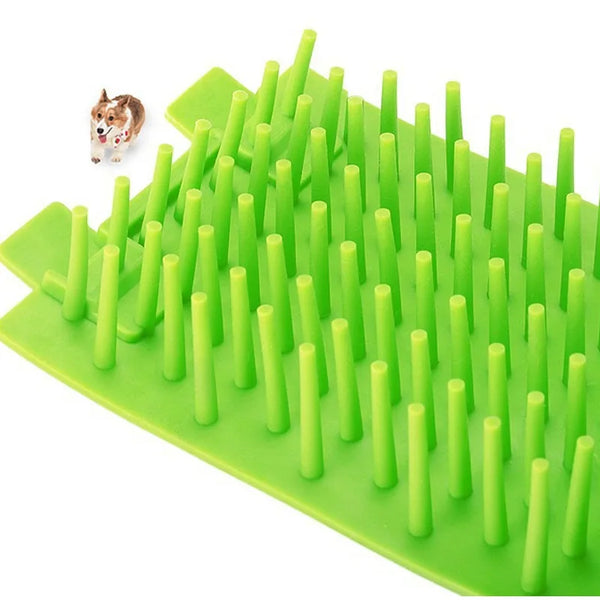As our beloved pets age, their grooming needs change. Just like humans, senior pets require special care and attention to keep them looking and feeling their best. In this blog post, we will explore the importance of senior pet grooming and provide you with some helpful tips to ensure your furry friend stays happy and healthy in their golden years.
Why is grooming important for senior pets?
Grooming plays a crucial role in the overall well-being of senior pets. As they age, their fur may become dull and matted, leading to discomfort and skin issues. Regular grooming helps to remove tangles, prevent matting, and promote healthy skin and coat. It also allows you to check for any lumps, bumps, or skin irritations that may require veterinary attention.
How often should you groom your senior pet?
The frequency of grooming for senior pets depends on their breed, coat type, and overall health. However, it is generally recommended to groom them at least once a week. This includes brushing their fur, cleaning their ears, trimming their nails, and brushing their teeth. Regular grooming sessions also provide an opportunity for you to bond with your pet and monitor any changes in their physical condition.
What are some tips for grooming senior pets?
1. Be gentle: Older pets may have sensitive skin and joints, so it's important to be gentle during grooming sessions. Use soft brushes and avoid pulling or tugging on their fur.
2. Use the right tools: Invest in grooming tools that are specifically designed for senior pets. These may include brushes with softer bristles, nail clippers with a non-slip grip, and toothbrushes with softer bristles.
3. Take breaks: Senior pets may tire more easily, so it's important to take breaks during grooming sessions. This allows them to rest and prevents them from becoming stressed or anxious.
4. Watch for signs of discomfort: Keep an eye out for any signs of discomfort during grooming, such as excessive panting, trembling, or vocalization. If your pet seems distressed, take a break and consult with your veterinarian.
5. Consider professional grooming: If you find it challenging to groom your senior pet at home, consider taking them to a professional groomer who has experience with older animals. They can provide expert care and ensure your pet's grooming needs are met.
DIY Pet Grooming: A rewarding experience for both you and your senior pet
Grooming your senior pet at home can be a rewarding experience for both of you. It allows you to spend quality time together while keeping them clean and comfortable. Remember to approach grooming with patience, love, and understanding. Your senior pet will appreciate the extra care and attention, and you'll enjoy seeing them look and feel their best.



